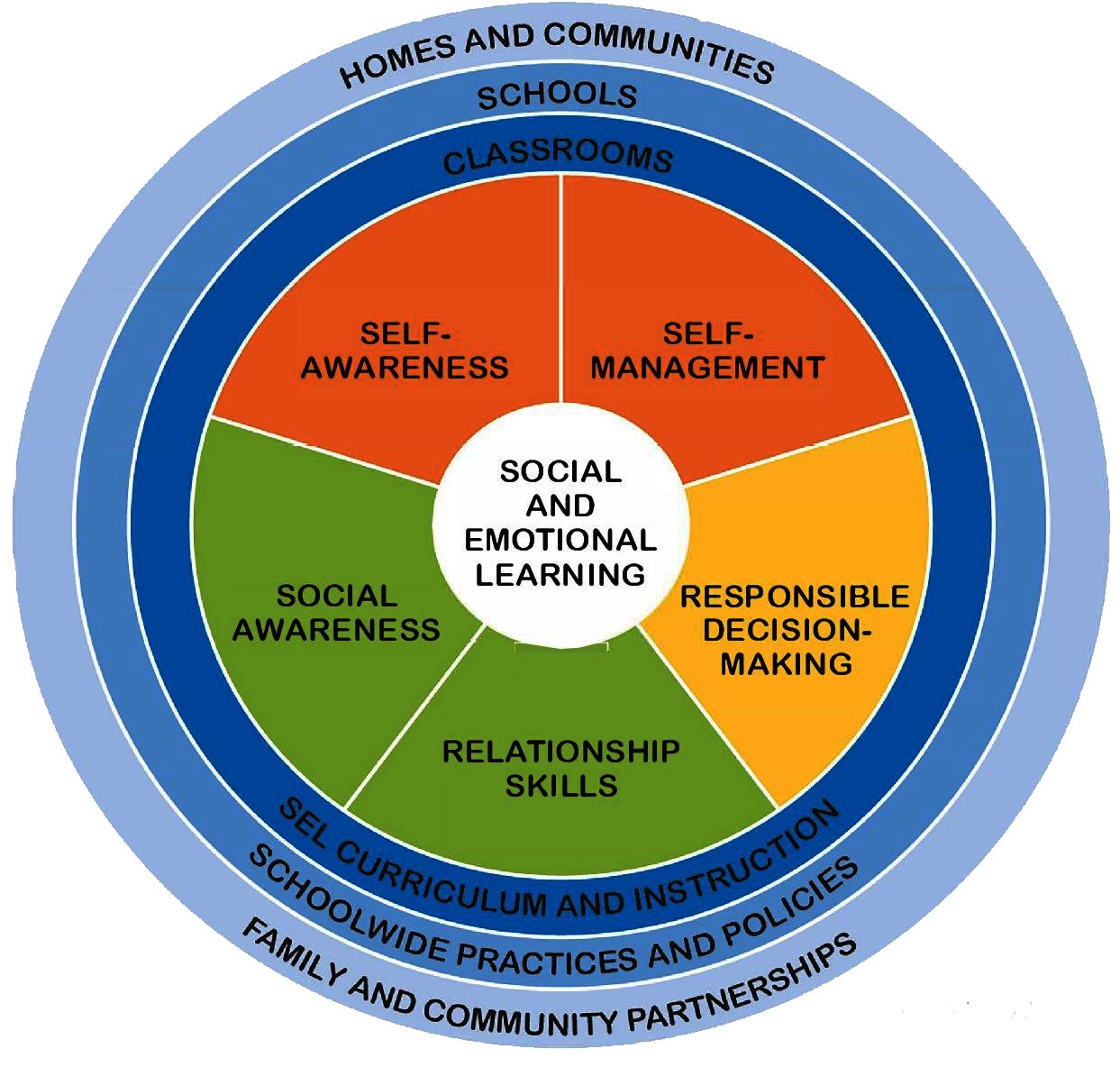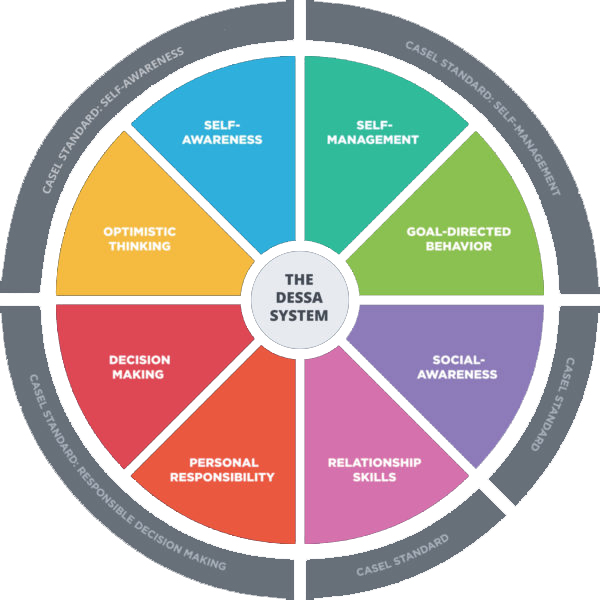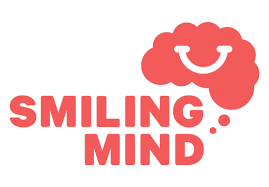SEL gives people—from childhood through the full life span—the tools they need to build and maintain positive relationships, control strong emotions, and express empathy. Public health and safety also improve.
Social Emotional Learning (SEL)
What is Social and Emotional Learning (SEL)?
Social and emotional learning (SEL) is the process through which children and adults understand and manage emotions, set and achieve positive goals, feel and show empathy for others, establish and maintain positive relationships, and make responsible decisions.
Aperture's DESSA System
The Devereux Student Strengths Assessment (DESSA) is a 72-item, standardized, norm-referenced behavior rating scale that assesses eight social and emotional competencies that serve as protective factors for children in kindergarten through the eighth grade. The DESSA-mini is comprised of four 8-item parallel forms that are designed to be used on a universal (i.e. school- or program-wide) basis to determine the need for social and emotional interventions. The four 8-item forms are standardized, norm-referenced behavior rating scales that screen for social and emotional competencies which serve as protective factors for children in kindergarten through the eighth grade. Considering the use of the DESSA to measure outcomes for individual children, groups of children, and/or for program improvement purposes? Download a document that provides the rationale for examining outcomes along with providing specific approaches for measuring outcomes. View Document.
SEL helps build a foundation that supports students’ success both personally and academically. When kids are equipped with social-emotional skills, they’re better able to learn and contribute to a positive school climate
Communication, getting along with others, assertiveness, and problem-solving are all skills taught in an SEL program. These skills help people and organizations build a healthy, supportive, and successful work environment.

Systemic Social and Emotional Learning
SEL can be more than just a 30-minute lesson. A systemic approach to SEL intentionally cultivates a caring, participatory, and equitable learning environment and evidence-based practices that actively involve all students in their social, emotional, and academic growth. This approach infuses social and emotional learning into every part of students’ daily lives—across all of their classrooms, during all times of the school day, and when they are in their homes and communities.
Adverse Childhood Experiences (ACEs)
Adverse Childhood Experiences (ACEs) have a tremendous impact on future violence
victimization and perpetration, and lifelong health and opportunity. Working together, we
can help create neighborhoods, communities, and a world in which every child can thrive.
ACEs are potentially traumatic events that occur in childhood (0-17 years). For example:
experiencing violence or abuse
witnessing violence in the home or
communityhaving a family member attempt or die by
suicide
Also included are aspects of the child’s environment that can undermine their sense of safety,
stability, and bonding such as growing up in a household with:
substance misuse
mental health problems
instability due to parental separation or
household members being in jail or
prison
ACEs are linked to chronic health problems, mental illness, and substance misuse in adulthood. ACEs can also negatively impact education and job opportunities.
However, ACEs are preventable. Creating and sustaining safe, stable, nurturing relationships
and environments for all children and familiescan prevent ACEs and help all children reach
their full potential. CDC has produced a resource, Preventing Adverse Childhood Experiences
(ACEs): Leveraging the Best Available Evidencepdf icon, to help states and communities take advantage of the best available evidence to prevent ACEs. It features six strategies from the CDC Technical Packages to Prevent Violence.






